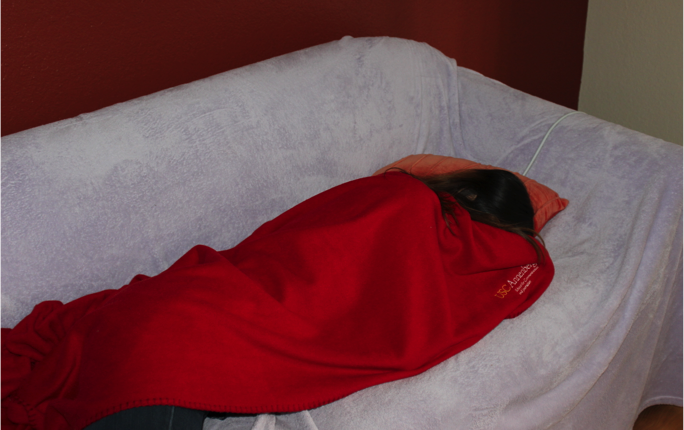On becoming an expert at napping
With spring semester almost halfway through, the hustle and bustle of everyday life is bound to wear down our bodies. There is a simple fix that we should all be incorporating into our daily routines. Napping.
Though it seems hard, napping, is one of the greatest things you can do for your body to revitalize and reenergize yourself throughout a long day. Growing up, it was incredibly easy because naptime was already programmed right into our lives. Wake up, go to preschool, color, snack time, play with blocks, nap, lunch, do a puzzle, watch Barney, go home. What a life, right? The pre-school teachers knew what was up, but just because it isn’t set into our schedule any more doesn’t mean that it isn’t necessary.
According to The New York Times, studies are finding that an afternoon nap can significantly increase mental alertness and improve mood, particularly in the large number of people who sleep too little at night (a.k.a. overworked college students like ourselves). Because we are so on the go, our bodies might develop a tolerance to how much sleep we need. We have become cruel to our sleep cycle as we test and program our bodies to be able to function on as little amount of sleep as we can get away with, so that we have more time during the day. When we do this, though, our bodies go into an almost autopilot mode. At times, we go through our routines without even realizing what were doing. This lack of sleep can really take someone away from all there is to enjoy in life and deters them away from mindfully enjoying the present.
To become a pro at napping we must learn how to take time for ourselves — turning off the trivial communication and closing your eyes seems easy, but some spend 20 minutes on Instagram first rather then closing their eyes. Instead of trying to find that perfect filter, search for the perfectly soft blanket. To take a good, quality nap, find a quiet area. It doesn’t have to be your bedroom — just somewhere you feel at ease and relaxed.
Naps provide different benefits depending on how long they are. A short nap for even 15 to 20 minutes can enhance your alertness, concentration, mood and coordination. A 90-minute nap will get you into slow wave and REM sleep, which enhances our creativity. If you sleep deeply and uninterruptedly the entire time, you’ll go through a full 90-minute sleep cycle, and make up for sleep you might not have gotten the night before. Usually a 90-minute nap is a good amount to make me feel reenergized. I find that anything longer makes me just want to sleep for the rest of the day.
According to BBC Health, the most natural time to take a nap, based on our circadian rhythms, is in the afternoon — sometime between 2 and 4 p.m. Napping too close to your bedtime can make it harder to fall asleep at night. If you have late class then this is the perfect between class break. If you end class around this time, use it as a chance to reenergize your brain before opening up your homework. A little change can go a long way.
Brittany Fleck is a sophomore majoring in human development and aging. Her column, “B-Flecksible,” runs Fridays.

